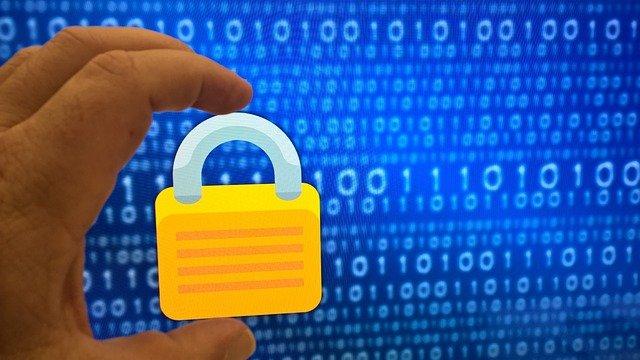The Evolution of Digital Estate Planning in Modern Law
Introduction: In an increasingly digital world, the concept of estate planning is undergoing a significant transformation. As our lives become more intertwined with technology, the need to address digital assets in legal frameworks has become paramount. This article delves into the emerging field of digital estate planning, exploring its implications for individuals, families, and the legal system at large.

Legal Frameworks Catching Up
Until recently, most jurisdictions lacked specific laws addressing digital assets in estate planning. However, the Revised Uniform Fiduciary Access to Digital Assets Act (RUFADAA) has been a game-changer in the United States. Adopted by many states, RUFADAA provides a legal framework for fiduciaries to access and manage a deceased person’s digital assets. This act balances the rights of the deceased, the privacy concerns of third parties, and the needs of fiduciaries.
Challenges in Digital Estate Planning
Despite legislative progress, digital estate planning faces numerous hurdles. One significant challenge is the ever-evolving nature of technology, which often outpaces legal adaptations. Additionally, the global nature of the internet creates jurisdictional issues, as digital assets may be stored on servers across international borders. Estate planners must navigate these complex waters to ensure comprehensive protection for their clients’ digital legacies.
Practical Considerations for Digital Estate Planning
Effective digital estate planning requires a multifaceted approach. Individuals must inventory their digital assets, including online accounts, digital currencies, and intellectual property. Creating a digital asset directive becomes crucial, specifying how these assets should be handled after death. This may involve designating digital executors and providing necessary access information while maintaining security during one’s lifetime.
The Role of Technology in Digital Estate Planning
Ironically, technology itself is offering solutions to the challenges it creates. New platforms and services are emerging to help individuals manage their digital legacies. These tools allow users to securely store passwords, create digital wills, and even set up automated messages to be sent after their passing. As these technologies evolve, they are likely to become integral components of comprehensive estate planning strategies.
Ethical and Privacy Concerns
The management of digital assets after death raises significant ethical and privacy questions. Should family members have access to a deceased person’s private online communications? How can one balance the need for asset management with respect for the privacy of the deceased and their contacts? These questions are at the forefront of legal and ethical debates surrounding digital estate planning.
The Future of Digital Estate Planning
As technology continues to advance, the landscape of digital estate planning will undoubtedly evolve. We may see the emergence of more sophisticated digital asset management tools, blockchain-based solutions for asset transfer, and even AI-assisted estate planning. Legal frameworks will need to adapt rapidly to keep pace with these technological advancements, ensuring that individuals’ digital legacies are protected and honored.
Conclusion
Digital estate planning represents a critical intersection of law, technology, and personal legacy. As our digital footprints expand, the importance of incorporating digital assets into estate plans cannot be overstated. Legal professionals, technologists, and policymakers must collaborate to develop comprehensive solutions that address the unique challenges of the digital age. By doing so, we can ensure that our digital legacies are preserved and protected for future generations, just as we have traditionally done with physical assets.






